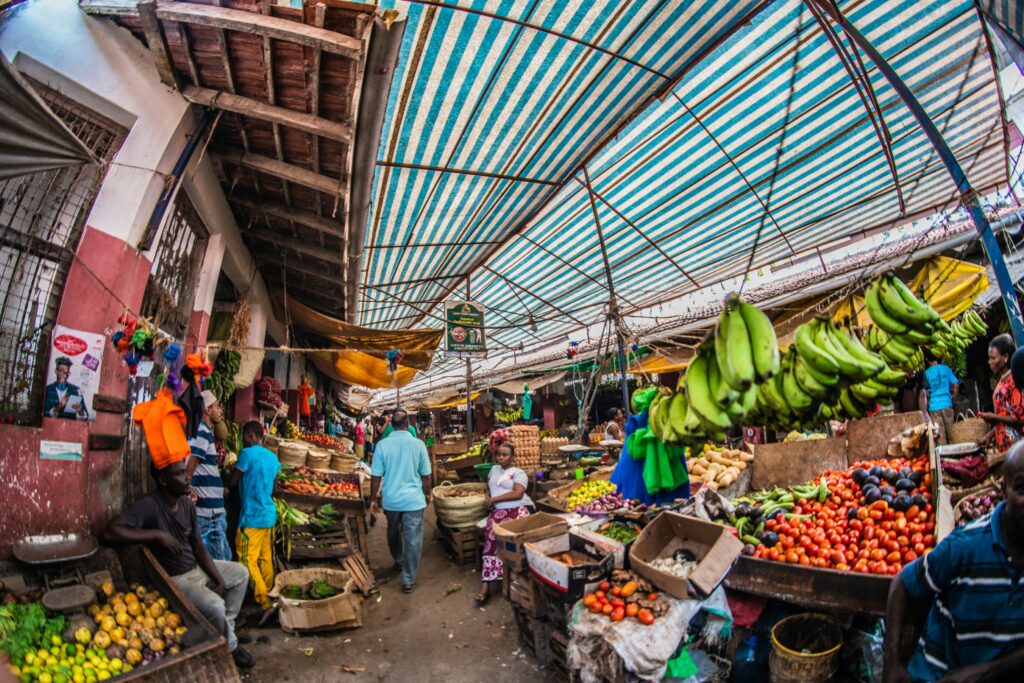
Everyone loves a good market. The vibrant colors, the spicy scents, and the local crafts can sweep you off your feet. But let me tell you, it’s not all sunshine and rainbows. I’ve had my fair share of experiences where I fell for scams that made me feel foolish and frustrated. I know I’m not alone in this.
In this post, I’ll share seven common reasons tourists get scammed in local markets. More importantly, I’ll give you practical tips on how to avoid these pitfalls. Knowledge is your best friend when traveling, so let’s make sure you’re ready to dodge those scams.
1. Lack of Familiarity with Prices
Here’s the thing: prices can vary wildly from place to place. If you aren’t familiar with local prices, vendors can easily upsell you. It’s easy to feel like you’re getting a deal, especially when everything seems so new.
To combat this, do a little homework before you go. Check online or ask locals what typical prices are for the items you want. Use a price reference app if you’re visiting somewhere where bargaining is common.
2. Language Barriers
Not speaking the local language can lead to misunderstandings. Imagine asking for a price only to find you misheard something important. That simple miscommunication might cost you.
Here’s a tip: use translation apps, or keep a small phrasebook handy. Even a simple “How much?” in the local language can go a long way.
3. Overly Friendly Vendors
Have you ever met a vendor who seemed a bit too eager to help? It can feel warm and welcoming at first, but it might be a red flag. Some vendors use charm to distract you from the actual price or quality.
Trust your instincts. If someone seems overly friendly, take a step back and evaluate the situation. Always focus on the product first before engaging too much with the seller.
4. Being Caught Off Guard by ‘Special Deals’
“Today only! Buy one, get one free!” Sounds tempting, right? But these “special deals” are often just tactics to rush you into buying something you don’t need.
Pause and think before jumping in. Ask yourself if you were even planning on getting that item in the first place. If it’s too good to be true, it probably is.
5. Group Pressure
Markets can get crowded. When you’re surrounded by other tourists, it’s easy to feel pressure to buy something to fit in. Vendors know this and might take advantage.
Stay cool. If you feel rushed, step away for a moment to think it over. Trust me, that item you felt pressured to buy might just lose its luster.
6. The ‘Switch and Bait’ Trick
This one’s sneaky. A vendor shows you one item, but when you decide to buy, you get a different one, maybe of lower quality. They count on you being distracted and excited to notice.
Always double-check the item before you hand over your money. If something feels off, don’t hesitate to ask for the original item you were shown.
7. Going Along with It Without Doing Research
Sometimes, we just want to dive in without thinking it through. You might find a piece of jewelry that catches your eye and grab it without checking if it’s authentic. By the time you get home, you’re left with a fake.
Do a quick search about the local crafts before visiting. This way, you’ll know what’s authentic and what’s a fake. It saves you from disappointment later.
Conclusion
Traveling is all about new experiences and making memories, not getting scammed. Remember these tips next time you wander into a local market abroad. Be aware, be prepared, and don’t let yourself be caught off guard.
Travel smart, and you’ll enjoy all the beautiful things local markets have to offer without the scary side of scams. Happy travels!
Related: How to Bargain Like a Local in Foreign Markets
**Related Reading:** – [Related: How to Plan a Solo Trip on a Budget] – [Related: Top Destinations for First-Time Solo Travelers] **#SoloTravel #Common #Reasons #Tourists #Scammed #Local #Markets #Avoid**
